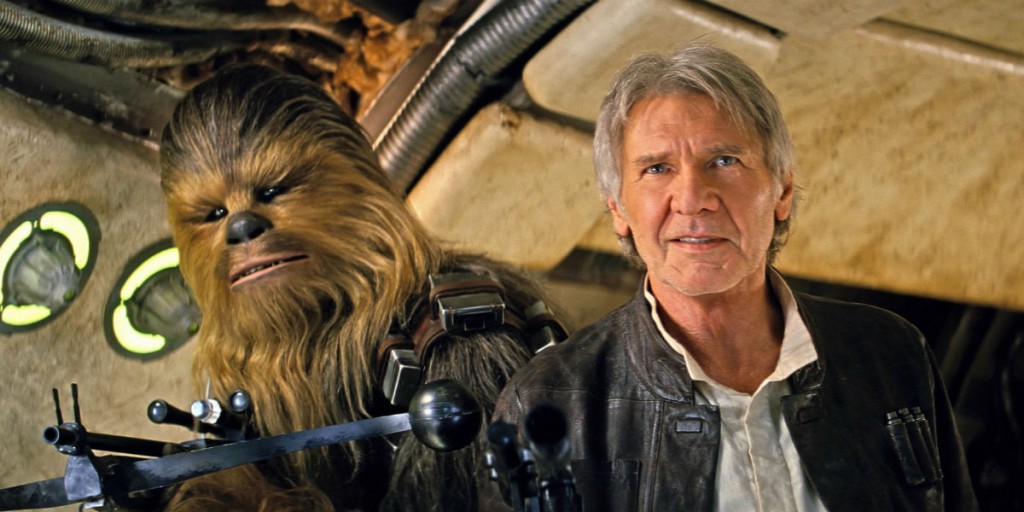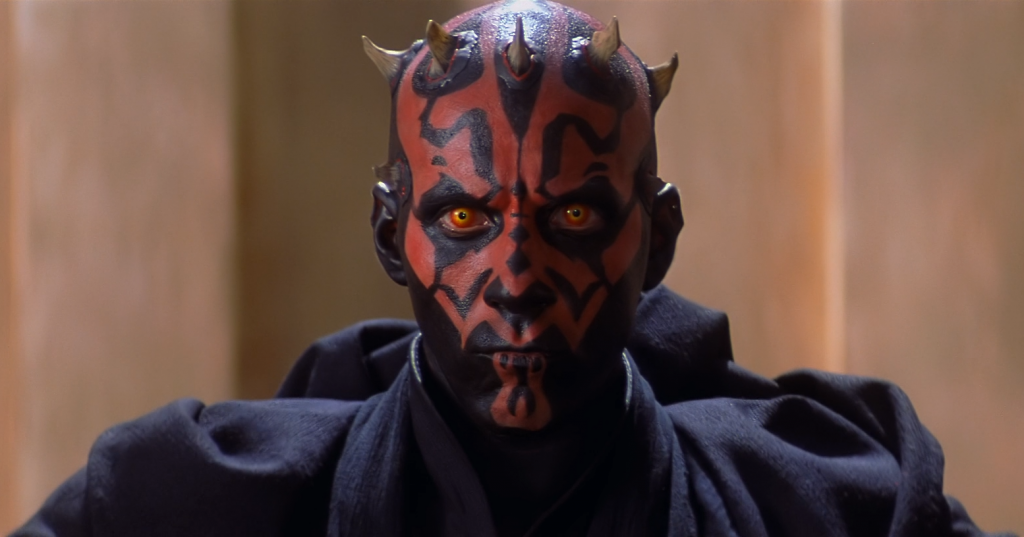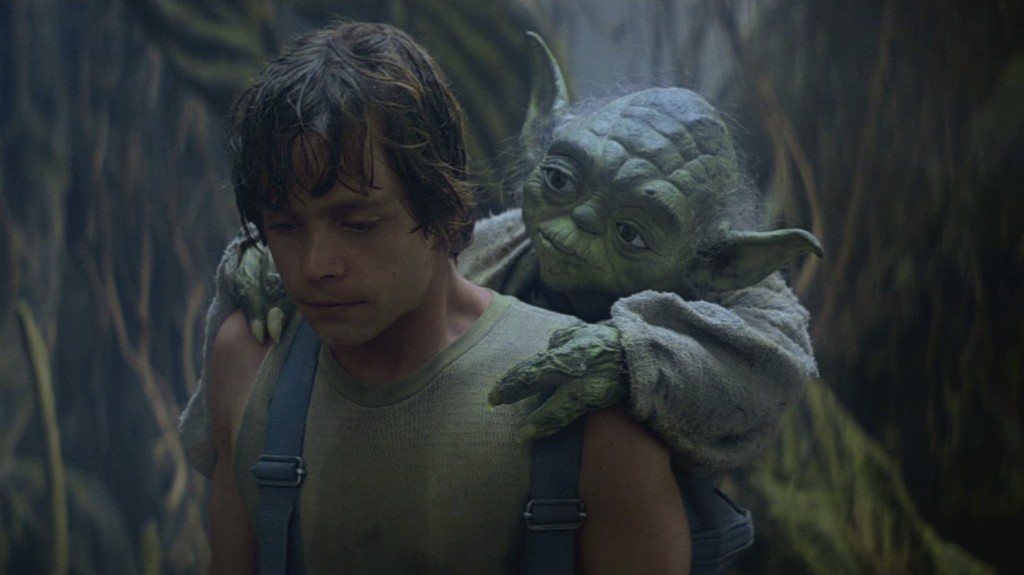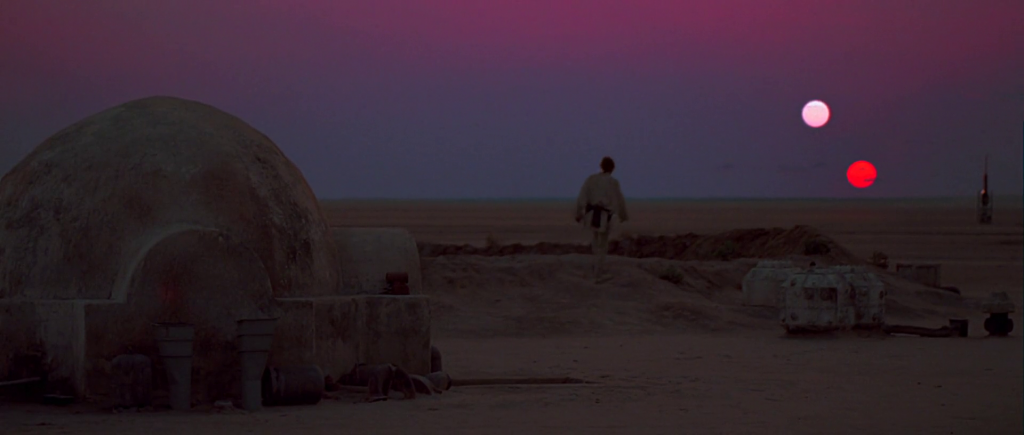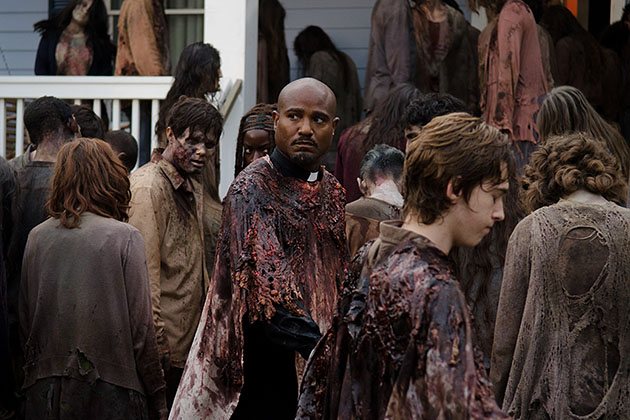
There were two big themes that emerged in “No Way Out”, and they’re themes that have been with The Walking Dead almost since the beginning: the concept of community and the idea that this post-apocalyptic world can change an individual in profound ways. The episode was certainly a bit overly didactic about these points at times, but for once, it allowed them to dovetail together with a surprising harmony.
The community element of the episode has been telegraphed from at least the beginning of this season, if not long before. Rick has spent so much time decrying the preparedness of the Alexandrians, declaring that they are children of the summer, and drawing a dividing line between them and his own people, that you just knew he was going to turn around and accept them with open arms sooner or later. It was inevitable that some event was going to take place, Rick was going to see that these people had potential, and then eventually, he would embrace them. It’s not even the first time we’ve seen this type of arc with Rick.






